Considering the production capacity of tiles and ceramics in the country and the capacity of Yazd province of about 300 million square meters per year, about 3,900,000 cubic meters of water, which is equal to the consumption of a city of 200,000 people, evaporates and is wasted annually. Also, the water consumed is not recovered in any way, and if this issue is taken into account, the above population will increase by 1.5 times.
The dryness of the country, considering the amount of desert areas and annual rainfall and the reduction of water reserves, is one of the largest water-consuming industries in the ceramic industry. On average, about 15 liters of water are required to produce each square meter of tiles and ceramics, of which about 13 liters of water are evaporated through the spray and exit the spray, depending on the weight of the tile.
Considering the production capacity of tiles and ceramics in the country and the capacity of Yazd province of about 300 million square meters per year, about 3,900,000 cubic meters of water, which is equal to the consumption of a city of 200,000 people, evaporates and is wasted annually. Also, the water consumed is not recovered in any way, and if this issue is taken into account, the above population will increase by 1.5 times. Basically, in all countries, the type of industries and production methods are based on the climatic conditions of that country. For example, Brazil produces one billion square meters of tiles and ceramics, due to the high cost of energy, 95% of this production is produced through dry powder; in Iran, due to the problem of water shortage, one of the best methods of producing tiles and ceramics is to use the dry powder method, which requires further investigation and studies on this method, as well as new mines and other related matters.
Dry tile granules
Reasons for the priority of the dry granule production line in the country: Due to the amount of desert areas, annual rainfall, and the reduction in water reserves, the ceramic industry is one of the largest water-consuming industries. On average, about 15 liters of water are required to produce each square meter of tiles and ceramics. Of this amount, depending on the weight of the tile, about 13 liters of water evaporates through the spray and exits the spray.
Reviews
There are no reviews yet.

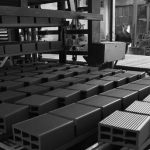
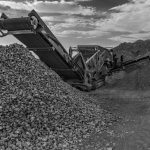

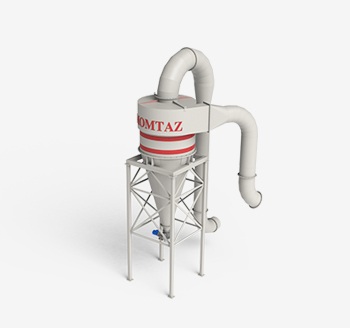
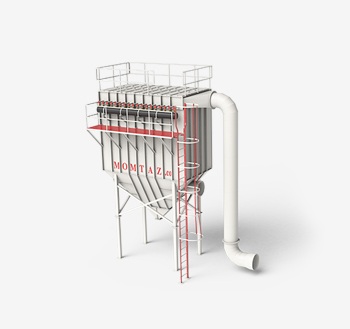
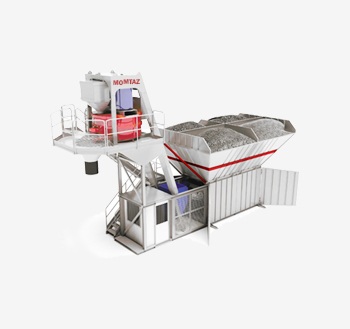
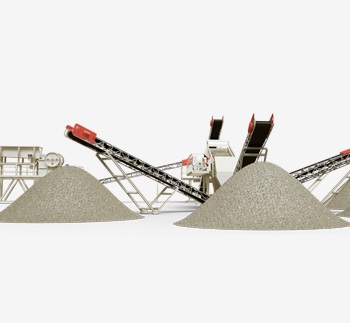
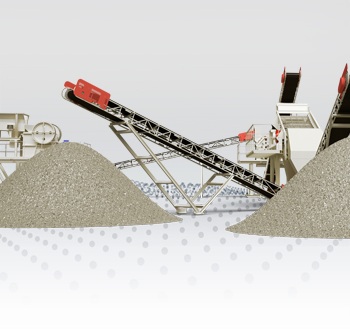
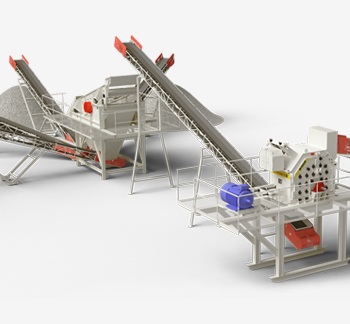
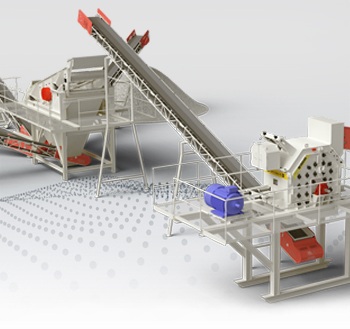
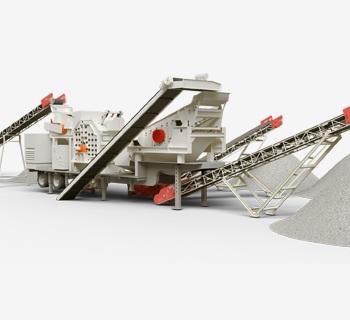
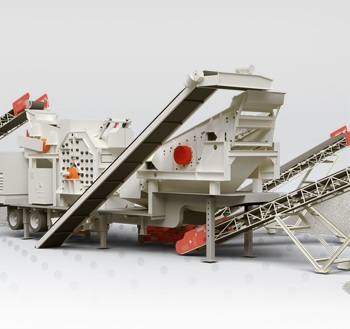
Reviews
There are no reviews yet.